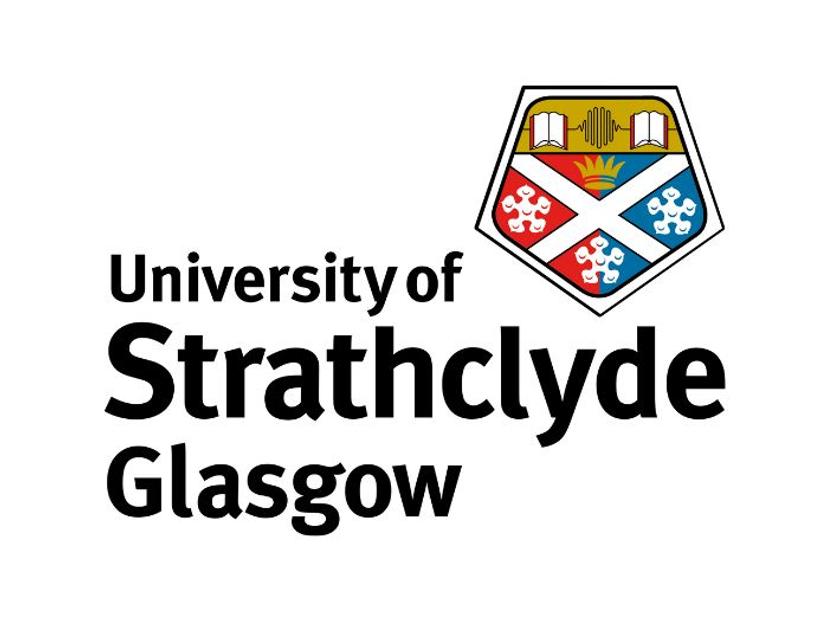University of Strathclyde makes breakthrough in synthetic biology
Artificial cells, made with the use of synthetic materials, have been produced in international research led by the University of Strathclyde
8 Dec 2023
The University of Strathclyde, with researchers at the Technical University of Darmstadt in Germany and the University of Basel and the Adolphe Merkle Institute of the University of Fribourg, both in Switzerland, have developed artificial cells made with the use of synthetic materials.
The materials produced in the study possess similar properties to living cells and have the potential to be used in applications including drug delivery and tissue engineering. The cells are microscopic structures crafted through a process called biocatalytic polymerisation-induced self-assembly (bioPISA), and represent a significant advancement in the field of synthetic biology. They have the ability to produce a range of proteins in their insides, including a fluorescent protein, the structural protein actin, which enables it to craft a structure similar to what is known in nature as a cytoskeleton, and the enzyme alkaline phosphatase, which enables it to imitate the biomineralization process found in human bones.
Artificial cells represent important microreactors to enhance chemical reactions and for molecular systems engineering. They also act as hosts for synthetic biology pathways and are important tools for studying the origin of life. The research team developed an enzymatic synthesis of polymeric microcapsules and used them to encapsulate the cytosol, or soluble contents, of bacterial cells.
Professor Nico Bruns, a visiting professor in Strathclyde’s Department of Pure and Applied Chemistry, and a co-leader of the study, said, “This is a simple yet efficient way to prepare the artificial cells. In future work, we aim to use proteins expressed in the artificial cells to catalyse further polymerisations, thereby mimicking the growth and replication of natural cells.”
Dr Andrea Belluati of Darmstadt, who also had a post at Strathclyde at the time of the research, said, "Our study bridges a crucial gap in synthetic biology, merging the world of synthetic materials with enzymatic processes to create complex, artificial cells, just like real cells. This opens up new horizons in creating cell mimics that are not just structurally similar to biological cells but functionally competent as well."
The research was funded by the Swiss National Science Foundation through the National Centre of Competence in Research (NCCR) Bio-Inspired Materials, an EU-funded Marie Skłodowska-Curie Fellowship to Dr Belluati and the Engineering and Physical Sciences Research Council, part of UKRI.
